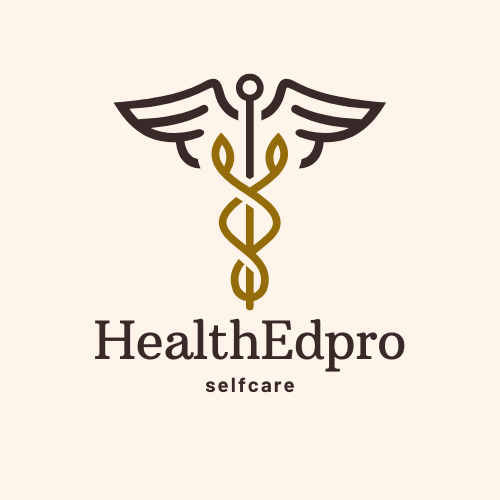
Addiction is a complex condition, a brain disorder that is manifested by compulsive substance use despite harmful consequences. People with addiction (severe substance use disorder) often display a compulsive pattern of seeking and using substances, leading to significant impairment or distress.
Addiction is a chronic (lifelong) condition that involves compulsive seeking and taking of a substance or performing of an activity despite negative or harmful consequences.
Addiction can significantly impact your health, relationships and overall quality of life. It’s crucial to seek help as soon as you develop signs of addiction.
Addiction is a treatable, chronic medical disease involving complex interactions among brain circuits, genetics, the environment, and an individual’s life experiences. People with addiction use substances or engage in behaviors that become compulsive and often continue despite harmful consequences.
Prevention efforts and treatment approaches for addiction are generally as successful as those for other chronic diseases.
Yes, addiction is a disease — it’s a chronic condition. The American Society of Addiction Medicine (ASAM) defines addiction as a chronic brain disorder. Addiction doesn’t happen from having a lack of willpower or as a result of making bad decisions. Your brain chemistry changes with addiction.
Addiction, now often referred to as a substance use disorder (SUD), is a disease that involves the continued use of one or more substances even though there may be serious health and social consequences.
Addiction can be broadly categorized into two types:
What are the signs of addiction?
There’s not a single cause of addiction — it’s a very complex condition. A significant part of how addiction develops is through changes in your brain chemistry.
Substances and certain activities affect your brain, especially the reward center of your brain.
Humans are biologically motivated to seek rewards. Often, these rewards come from healthy behaviors. When you spend time with a loved one or eat a delicious meal, your body releases a chemical called dopamine, which makes you feel pleasure. It becomes a cycle: You seek out these experiences because they reward you with good feelings.
Substances send massive surges of dopamine through your brain, too, as well as certain activities, like having sex or spending money. But instead of motivating you to do the things you need to do to survive (eat, work and spend time with loved ones), such massive dopamine levels can have damaging effects on your thoughts, feelings and behavior.
This can create an unhealthy drive to seek more pleasure from the substance or activity and less from healthier activities.
Over time, the substances or activities change your brain chemistry, and you become desensitized to their effects. You then need more to produce the same effect.
For some substances, such as opioids, the withdrawal symptoms are so severe that they create significant motivation to continue using them.
Other factors that contribute to the development of addictions include:
How are addictions treated?
Your healthcare provider may recommend a combination of treatment options, including:
Can I prevent developing an addiction?
There are steps you can take to reduce your risk of developing an addiction, including:
What is the outlook for addiction?
With treatment, many people manage addiction and live full, healthy lives. But recovering from substance use disorders and behavioral addictions isn’t easy. Supportive friends, family members and healthcare providers play an essential role in effective treatment as well.
Without treatment, addiction can cause serious health issues, even death. It can damage personal relationships, lead to financial difficulties and cause legal problems. Untreated addiction also harms family members, and the effects can last for generations.
How can I help someone with an addiction?
It can be very challenging and stressful to learn that someone you love may have a behavioral addiction or substance use disorder. Here are some tips to help your loved one and yourself: